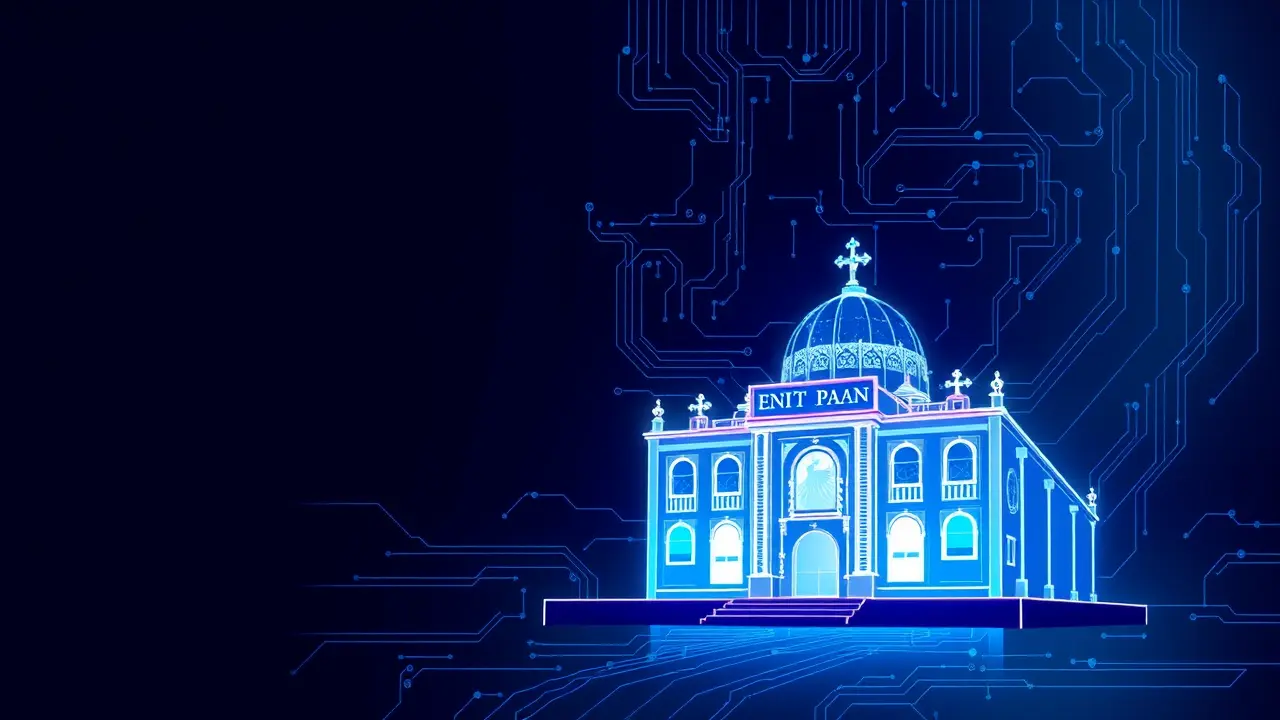
AIai safety & ethicsAI Regulation and Policy
Vatican Advocates Ethical AI Regulation in Global Debate
MI
Michael Ross
4 weeks ago7 min read1 comments
In a move that might seem anachronistic to some but is deeply rooted in its historical identity, the Vatican has formally entered the global conversation on artificial intelligence, advocating for a robust ethical framework to govern its development and deployment. This intervention by the Holy See is far from a sudden foray into modernity; rather, it is a continuation of a centuries-old tradition where the Catholic Church has positioned itself as a moral compass during periods of profound technological upheaval, from the printing press to nuclear fission.The Church’s unique, non-state sovereignty and its vast, transnational network grant it a singular platform to influence both public sentiment and the granular details of international policymaking, framing the AI debate not merely as a technical challenge but as a fundamental question of human dignity and the common good. Drawing parallels to Isaac Asimov's foundational Three Laws of Robotics, the Vatican's position emphasizes a preemptive, human-centric approach, arguing that the immense potential of AI—from curing diseases to addressing climate change—is inextricably linked to the ethical guardrails we establish today.This stance places the Church in a critical dialogue with other powerful stakeholders: Silicon Valley techno-optimists who often champion unbridled innovation, state actors like the United States and China engaged in a strategic race for AI supremacy, and European regulators pushing for more precautionary, rights-based models like the EU's AI Act. The core of the Vatican's argument, reminiscent of its contributions to bioethical debates on in vitro fertilization and end-of-life care, is that a purely utilitarian calculus is insufficient; the sanctity of the human person, the protection of the vulnerable from algorithmic bias, and the preservation of human agency must be central to any regulatory architecture.This is not a call to halt progress, but a plea to embed wisdom within our creations, to ensure that as we code intelligence, we do not inadvertently code out our humanity. The potential consequences of ignoring this moral dimension are stark, ranging from the erosion of privacy and the automation of warfare to the deepening of global inequalities, scenarios where the Church sees its role as a prophetic voice for justice. As global bodies like the United Nations and the G7 grapple with these very issues, the Vatican’s entry into the fray adds a crucial, often missing, layer of philosophical depth, challenging the world to consider not just what AI *can* do, but what it *should* do for the future of our shared human family.
#Vatican
#AI ethics
#AI regulation
#public policy
#technology and society
#editorial picks news
Stay Informed. Act Smarter.
Get weekly highlights, major headlines, and expert insights — then put your knowledge to work in our live prediction markets.
Related News
Comments
Loading comments...
© 2025 Outpoll Service LTD. All rights reserved.